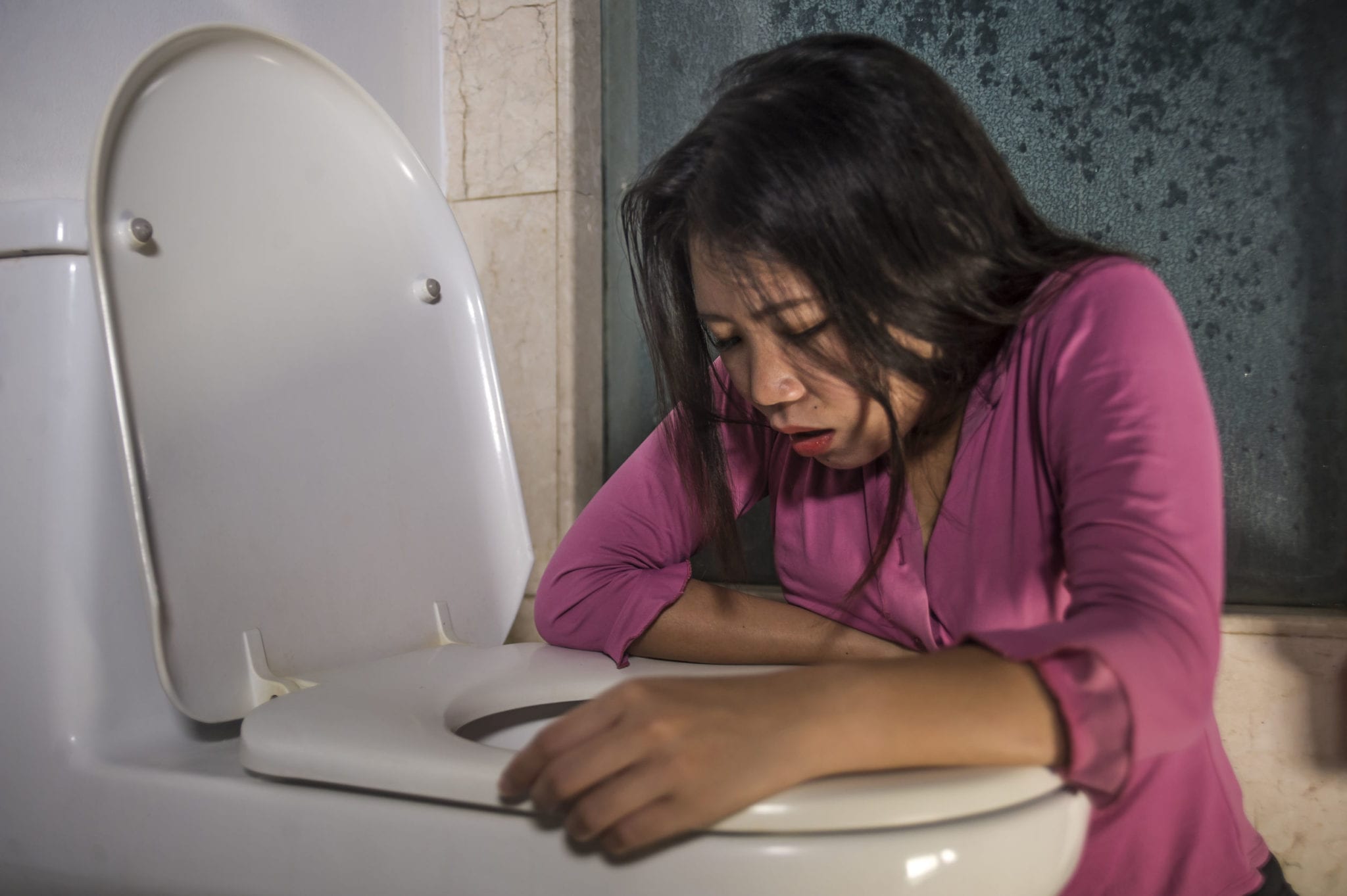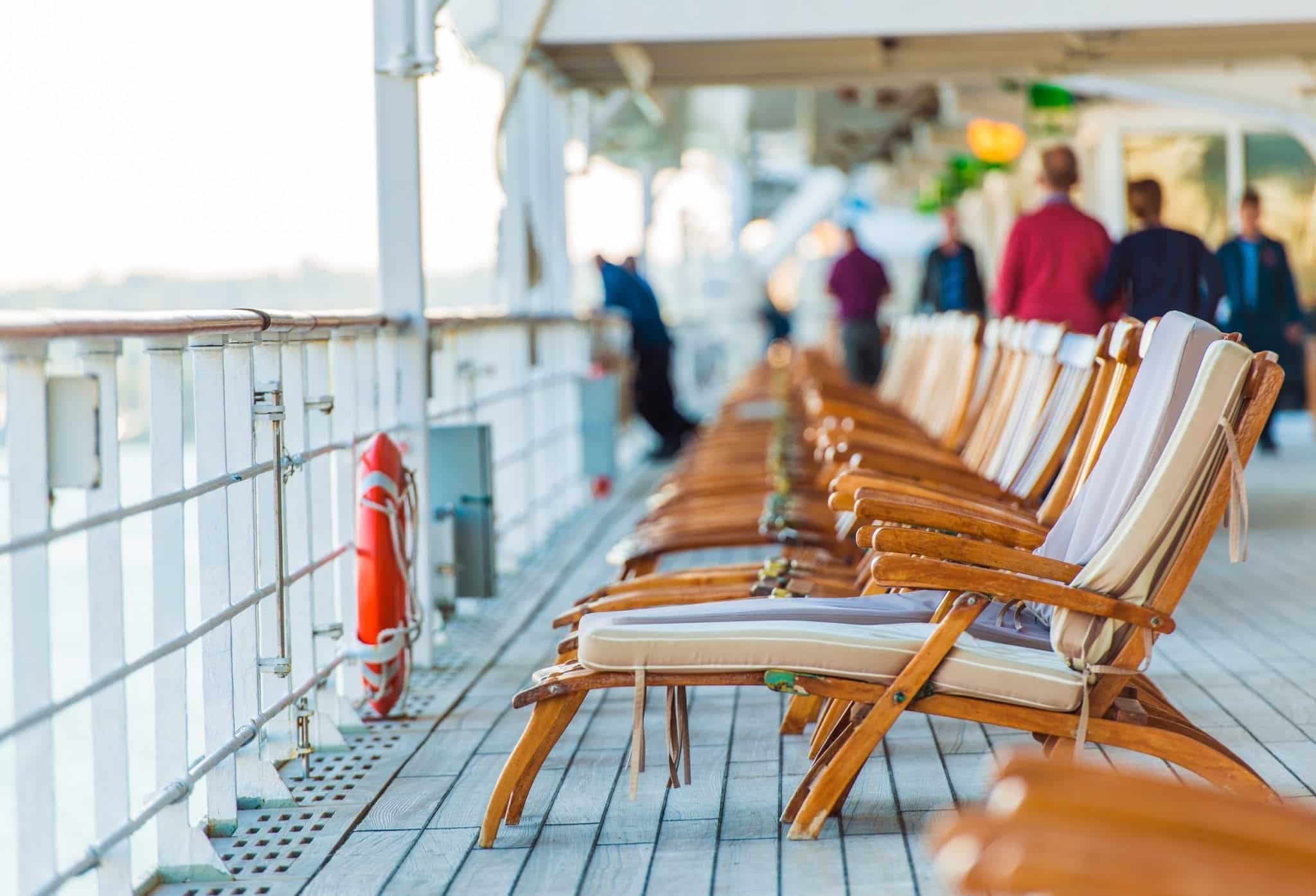Need to take a vacation from the news? You’re not alone. Constant talk of COVID-19 is upsetting and exhausting.
You know how important it is to wear a mask, wash your hands, and stay socially distant from others, and you’re ready to utilize that knowledge…. aboard your next cruise ship vacation!
However, if you’re planning to head out on the open seas once cruises start up again, COVID-19 should not be your only viral worry. Though it has been largely forgotten in the wake of coronavirus fears, there is still a huge risk of catching norovirus onboard.
How serious is it?
Norovirus From Smoothie Infected Hundreds of Passengers
Norovirus is not pleasant. It involves 24 hours of vomiting, diarrhea, and promising yourself that you’ll never book another cruise again. While you can pass it onto other passengers, food is more likely to be the culprit of this unpleasant virus — and it can hit lots of people at once.
Take the multiple norovirus outbreaks that happened just last summer. Hundreds of passengers on 10 different cruises from the same line came down with norovirus between July and September. It took months for the cruise line to discover that the norovirus came from a seemingly innocuous place: frozen raspberries. These raspberries had been put in smoothies and cocktails, infecting any passenger that wanted a fresh drink.
Fortunately, once the raspberries were removed from the cruise ships, no further cases were reported. However, this story is a reminder that any food, from uncooked chicken to frozen fruit, can cause a massive outbreak and a lot of misery on cruise ships.
Coronavirus vs. Norovirus Symptoms
Coronavrius and norovirus sound similar, but they’re different viruses. If you contract either of them on a cruise ship, you will have to follow different protocols in order to keep loved ones safe.
Coronavirus: Symptoms and Spreading
Hopefully, you know the main symptoms of coronavirus already. If you need a refresher, remember that coronavirus often shows up as:
- Coughing
- Fever
- Difficulty breathing
Coronavirus has certainly been harder to contain than a norovirus outbreak. Why? Primarily, because it’s not always easy to identify when someone has coronavirus. People can be asymptomatic (and feel fine) within two weeks after contracting COVID-19.
During that time, they can spread the virus through physical contact, touching surfaces, or respiratory droplets. Worse, simply talking with someone who has coronavirus puts you at a fairly high risk of contracting the virus.
Respiratory droplets are the more likely cause of coronavirus, but you may also contract the virus from touching surfaces with the virus. COVID could remain on surfaces like deck chairs, tables, or door knobs for hours (or even days).
If you are on a cruise ship, take the following precautions:
- Wear a mask
- Stay at least six feet away from other passengers and staff
- Wash your hands frequently
- Clean and disinfect surfaces
Stay in your room if you start to experience symptoms (and alert staff on the ship)
Norovirus: Symptoms and Spreading

Norovirus works fast. Within a day or two of eating food containing norovirus, you may experience:
- Nausea
- Vomiting
- Diarrhea
Aches, cramps, and fatigue are also common.
It’s possible to spread norovirus to others, but typically this only happens when someone is showing symptoms. Simply sitting next to someone with norovirus is not going to put you at a high risk. You would need to touch a surface or share food that contains the virus, most likely found in vomit or diarrhea.
If a friend or family member contracts norovirus, make sure you regularly clean the surfaces they touch and wash your hands.
Remember that of the cases reported on cruise ships last summer, 80% of people ate the infected raspberries. That suggests up to 20% of cases were from direct contact with others. Despite this, norovirus is certainly not as contagious as coronavirus.
Worried About Coronavirus or Norovirus on Your Next Cruise?
COVID-19 has forced a lot of businesses to re-evaluate how they serve customers and keep people safe. Cruise lines are no different. Some companies are changing the way buffets are served, while others plan on reducing maximum capacity to promote social distancing.
If you plan on going on a cruise later this year, find out what changes you will see before you board. Knowing these policies will help you make a better decision about which cruise line to choose (and how to prepare for your overseas adventure).
Regardless of your preparations, the risk of both coronavirus and norovirus will still be present on your next cruise. Buy travel insurance — if you need to cancel last-minute, you can do so without losing hundreds of dollars.

Once onboard, stay vigilant. If staff are not disinfecting properly or enforcing social distancing, they might be putting you at a higher risk. Report and record negligent behavior so if you do end up sick, you will have a higher chance of receiving compensation.
About the Author:
Andrew Winston is a partner at the personal injury law firm of Winston Law. For over 20 years, he has successfully represented countless people in all kinds of personal injury cases, with a particular focus on child injury, legal malpractice, and premises liability. He has been recognized for excellence in the representation of injured clients by admission to the Million Dollar Advocates Forum, and named one of America’s Top 100 High-Stakes Litigators. Mr. Winston is AV Preeminent Rated by the Martindale-Hubbell Law Directory, enjoys a 10.0 rating by AVVO as a Top Personal Injury Attorney, has been selected as a Florida “SuperLawyer” from 2011-2020 – an honor reserved for the top 5% of lawyers in the state – was voted to Florida Trend’s ”Legal Elite,” recognized by Expertise as one of the 20 Best Fort Lauderdale personal injury attorneys, named one of the Top 100 Lawyers in the Miami area for 2015-2017, and one of the Top 100 Lawyers in Florida for 2015-2017 and 2019.






